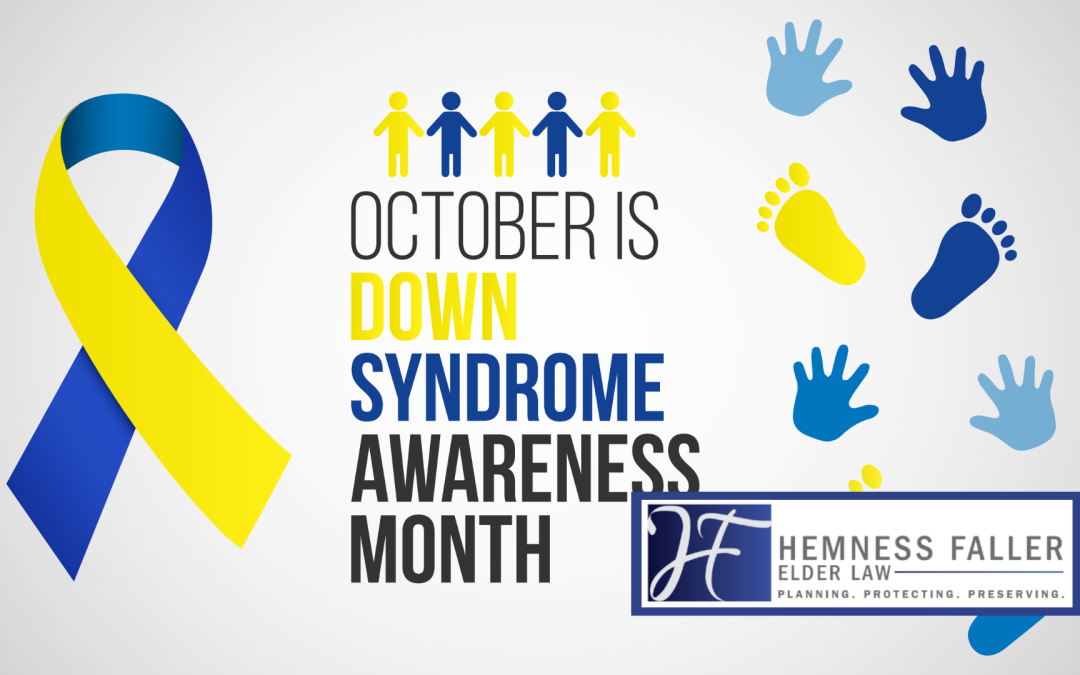How much do you know about the Achieving a Better Life Experience, or ABLE, Act?
The ABLE Act was signed into federal law in 2014, and adopted by Florida Governor Rick Scott in 2015. The Act permits eligible individuals and their families to create a tax-exempt savings account that allows for disbursements of tax-free funds for certain disability-related expenses. To help you better understand the ABLE Act and how it may benefit you, let us share with you some frequently asked questions.
How do I create an ABLE account?
To be eligible for an ABLE account, there are two primary requirements. First, an individual must have experienced disability-related symptoms before the age of 26. The second condition requires the individual to have “marked and severe functional limitations.” This means that the challenges the individual faces as a result of his or her disability qualifies him or her for Social Security Income (“SSI”). It is important to know that those who do not receive SSI, but still meet the age requirement, may be eligible to open an ABLE account upon obtaining a disability certification from his or her physician.
How much can be placed into an ABLE account?
The amount that can be placed in an ABLE account differs each year based on inflation. As of 2019, the maximum amount that can be gifted is $15,000 per year. This includes contributions from the account beneficiary, as well as friends and family members. For those with disabilities and who also receive SSI or Medicaid, the first $100,000 is typically exempt from the SSI $2,000 individual resource limit. This may differ from state-to-state, so be sure to check the laws of your state before relying on this number. Also, we encourage you to keep in mind that a beneficiary of an ABLE account can only be the owner of one account.
How can the funds from an ABLE account be used?
Generally speaking, all investment earnings from an ABLE account are untaxed so long as the funds are utilized for “qualified disability expenses.” These expenses typically include medical treatment, education, tutoring, and job training, housing, as well as legal and administrative fees. Taxes usually apply if money is withdrawn from the account for other reasons.
We know this article may raise more questions than it answers for you. If you have specific questions about guardian advocacy in Florida, do not wait to contact us. Let us help answer your questions about your unique legal needs.






